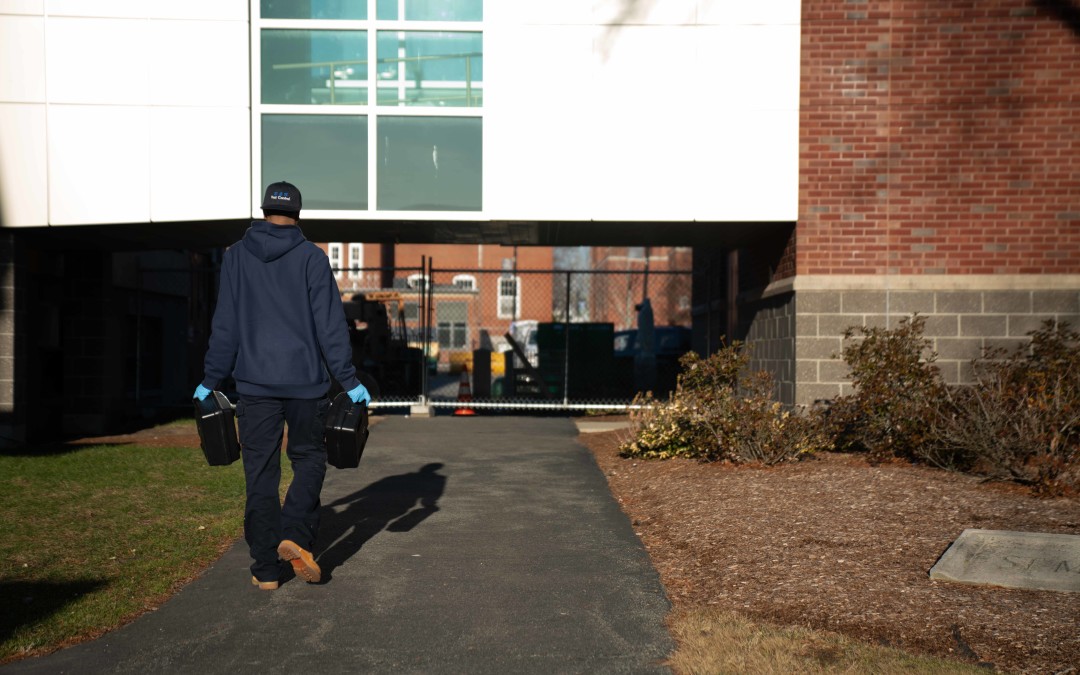If you happen to be deeply frightened of spiders, then gardening is probably not the best hobby for you. No matter which particular region you may call home, numerous spider species are lurking in your garden bed, your backyard and even within your own home. However, taking up gardening as a hobby may condition arachnophobes to become more tolerant of spiders, as it is well known that spiders prey upon many common insect pests of garden plants, such as aphids, weevils, flies, mosquitoes and many beetle species. Gardeners often consider spiders to be their little helpers, even if the eight-legged creatures give gardeners a brief jump-scare on occasion.
Garden spiders generally prefer to remain outdoors, while the spiders commonly found indoors prefer to avoid outdoor environments. This is because an abrupt change in habitat will often cause spiders to parish from a lack of nourishment. Although spiders are considered beneficial in garden environments, most common garden spiders are capable of inflicting bites to humans, and some may aimlessly wonder indoors, as most spider species have relatively poor eyesight. Common garden spiders are also known for entering indoor environments in a desperate attempt to escape the cold temperatures in fall and winter.
Two garden spider species that are particularly common in Massachusetts are known as the banded-garden spider and the black and yellow garden spider, and unfortunately, both of these spiders may bite if they become disturbed. Banded-garden spider adults only grow to be around 5 mm in length, but their long legs make them appear relatively large. This spider species builds picturesque spiral webs in between plants, and while this species’ physical appearance may differ from specimen-to-specimen, most possess a yellow and black-striped exterior. It should be noted that banded-garden spider females can inflict a moderately painful, but medically harmless bite if they perceive a threat to their egg sac. Black and yellow garden spiders also build orb-like webs between plants, and this species looks similar to banded garden spiders. Black and yellow garden spiders possess long legs, which can be frightening to certain people, and they are often spotted in homes, but like most spiders, they are shy and are not apt to inflict bites to humans.
Have you ever helped a spider find its way outdoors after finding one within your home?

